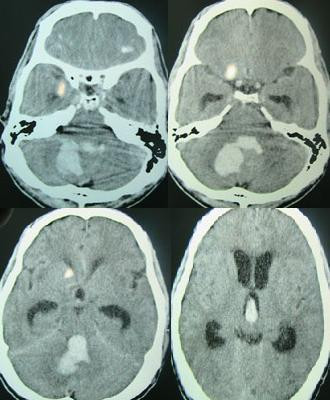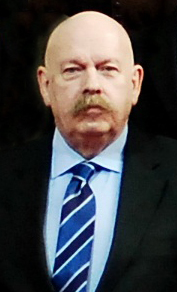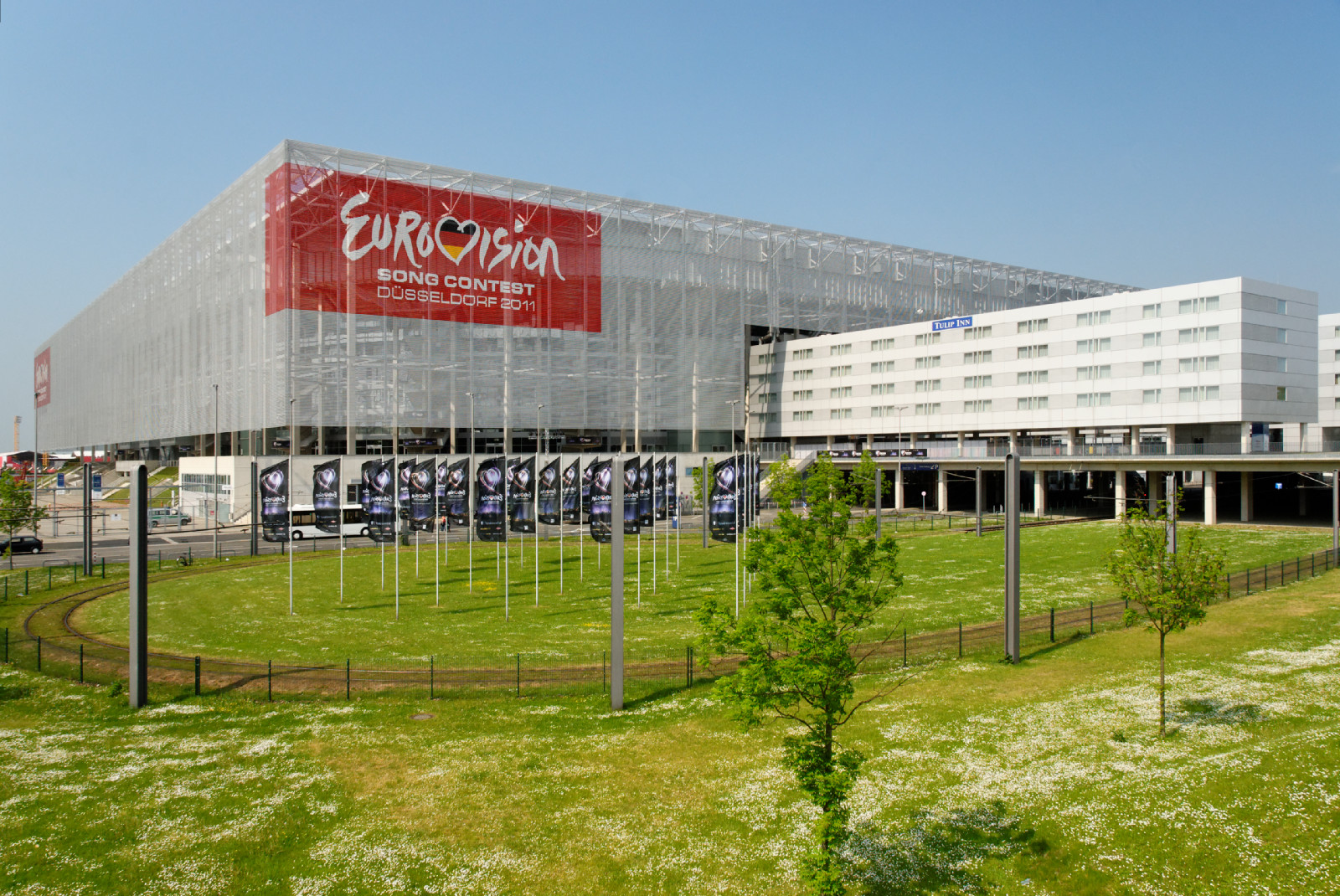|
José Luis Uribarri
José Luis Uribarri Grenouillou (9 August 1936 – 23 July 2012) was a Spanish television presenter and director for TVE. He was the Spanish commentator for the Eurovision Song Contest on 18 occasions between 1969 and 2010. He was widely known as ''La voz de Eurovisión'' (''The Voice of Eurovision'') in Spain. Biography Early career Uribarri was born in Ávila. After finishing school at Marist school in Palencia, he went on to study law but left in 1956 to work as a radio speaker for Radio Juventud, and then for Radio Intercontinental. He debuted in Televisión Española (TVE) in 1958 when he participated in the contest for new talents ''Caras nuevas'', hosted by Blanca Álvarez. He was hired by TVE and established himself as one of the most popular presenters in Spain. He won a Premios Ondas in 1966. One of hist most successful shows was the musical programme ''Aplauso'', which he directed and hosted between 1978 and 1983. Eurovision Song Contest In 1968, Spain won the Eur ... [...More Info...] [...Related Items...] OR: [Wikipedia] [Google] [Baidu] |
Eurovision Song Contest 2008
The Eurovision Song Contest 2008 was the 53rd edition of the Eurovision Song Contest. It took place in Belgrade, Serbia, following the country's victory at the with the song "Molitva" by Marija Šerifović. Organised by the European Broadcasting Union (EBU) and host broadcaster Radio Television of Serbia (RTS), the contest was held at the Belgrade Arena, and (for the first time) consisted of two semi-finals on 20 and 22 May, and a final on 24 May 2008. The three live shows were presented by Serbian television presenter Jovana Janković and musician Željko Joksimović. Forty-three countries participated in the contest, the highest ever number of participants in the contest beating the record of forty-two set the year before. Azerbaijan and San Marino participated for the first time, while Austria did not participate, mainly due to questions on the semi-final organisation as well as the politicization of the contest. The winner was Russia with the song " Believe", performed ... [...More Info...] [...Related Items...] OR: [Wikipedia] [Google] [Baidu] |
2012 Deaths
This is a list of deaths of notable people, organised by year. New deaths articles are added to their respective month (e.g., Deaths in ) and then linked here. 2022 2021 2020 2019 2018 2017 2016 2015 2014 2013 2012 2011 2010 2009 2008 2007 2006 2005 2004 2003 2002 2001 2000 1999 1998 1997 1996 1995 1994 1993 1992 1991 1990 1989 1988 1987 See also * Lists of deaths by day The following pages, corresponding to the Gregorian calendar, list the historical events, births, deaths, and holidays and observances of the specified day of the year: Footnotes See also * Leap year * List of calendars * List of non-standard ... * Deaths by year {{DEFAULTSORT:deaths by year ... [...More Info...] [...Related Items...] OR: [Wikipedia] [Google] [Baidu] |
1936 Births
Events January–February * January 20 – George V of the United Kingdom and the British Dominions and Emperor of India, dies at his Sandringham Estate. The Prince of Wales succeeds to the throne of the United Kingdom as King Edward VIII. * January 28 – Britain's King George V state funeral takes place in London and Windsor. He is buried at St George's Chapel, Windsor Castle * February 4 – Radium E (bismuth-210) becomes the first radioactive element to be made synthetically. * February 6 – The 1936 Winter Olympics, IV Olympic Winter Games open in Garmisch-Partenkirchen, Germany. * February 10–February 19, 19 – Second Italo-Ethiopian War: Battle of Amba Aradam – Italian forces gain a decisive tactical victory, effectively neutralizing the army of the Ethiopian Empire. * February 16 – 1936 Spanish general election: The left-wing Popular Front (Spain), Popular Front coalition takes a majority. * February 26 – February 26 Inci ... [...More Info...] [...Related Items...] OR: [Wikipedia] [Google] [Baidu] |
Cerebral Hemorrhage
Intracerebral hemorrhage (ICH), also known as cerebral bleed, intraparenchymal bleed, and hemorrhagic stroke, or haemorrhagic stroke, is a sudden bleeding into the tissues of the brain, into its ventricles, or into both. It is one kind of bleeding within the skull and one kind of stroke. Symptoms can include headache, one-sided weakness, vomiting, seizures, decreased level of consciousness, and neck stiffness. Often, symptoms get worse over time. Fever is also common. Causes include brain trauma, aneurysms, arteriovenous malformations, and brain tumors. The biggest risk factors for spontaneous bleeding are high blood pressure and amyloidosis. Other risk factors include alcoholism, low cholesterol, blood thinners, and cocaine use. Diagnosis is typically by CT scan. Other conditions that may present similarly include ischemic stroke. Treatment should typically be carried out in an intensive care unit. Guidelines recommend decreasing the blood pressure to a systolic of 1 ... [...More Info...] [...Related Items...] OR: [Wikipedia] [Google] [Baidu] |
José María Íñigo
José María Íñigo Gómez (4 June 1942 – 5 May 2018) was a Spanish journalist, radio and television presenter, and stage and screen actor. Biography Career Born in Bilbao, Íñigo began his professional career in his hometown as he was hired by Radio Bilbao, and then by COPE. Shortly after he moved to London, from where he collaborated with different music programmes on Cadena SER. Back to Spain, he settled in Madrid, where he worked in radio music shows ''El Musiquero'', ''El Gran Musical'' and ''Los 40 Principales''. He joined Televisión Española (TVE) in 1968 working in the show ''Último grito'', created by Pedro Olea. Later he presented music programme ''Ritmo 70'', directed by Pilar Miró. He became one of the most popular television presenters in Spain with the show ''Estudio abierto'' which he hosted from 1972 until 1975 and again from 1984 until 1985. Between 1975 and 1984 he presented other shows with a similar format, which included musical performances and in ... [...More Info...] [...Related Items...] OR: [Wikipedia] [Google] [Baidu] |
Eurovision Song Contest 2011
The Eurovision Song Contest 2011 was the 56th edition of the Eurovision Song Contest. It took place in Düsseldorf, Germany, following the country's victory at the with the song "Satellite" by Lena. Organised by the European Broadcasting Union (EBU) and host broadcasters Arbeitsgemeinschaft Rundfunkanstalten Deutschland (ARD) and Norddeutscher Rundfunk (NDR), the contest was held at the Düsseldorf Arena and consisted of two semi-finals on 10 and 12 May, and a final on 14 May 2011. The three live shows were presented by German comedians Anke Engelke and Stefan Raab, and television presenter Judith Rakers. Forty-three countries participated in the contest, equalling the record of the 2008 edition. Four countries returned to the contest this year; Austria returned after their last participation in , Hungary returned after their last participation in , San Marino returned after their very first participation in . Italy also returned to the contest after their last participatio ... [...More Info...] [...Related Items...] OR: [Wikipedia] [Google] [Baidu] |
13 TV
Thirteen or 13 may refer to: * 13 (number), the natural number following 12 and preceding 14 * One of the years 13 BC, AD 13, 1913, 2013 Music * 13AD (band), an Indian classic and hard rock band Albums * ''13'' (Black Sabbath album), 2013 * ''13'' (Blur album), 1999 * ''13'' (Borgeous album), 2016 * ''13'' (Brian Setzer album), 2006 * ''13'' (Die Ärzte album), 1998 * ''13'' (The Doors album), 1970 * ''13'' (Havoc album), 2013 * ''13'' (HLAH album), 1993 * ''13'' (Indochine album), 2017 * ''13'' (Marta Savić album), 2011 * ''13'' (Norman Westberg album), 2015 * ''13'' (Ozark Mountain Daredevils album), 1997 * ''13'' (Six Feet Under album), 2005 * ''13'' (Suicidal Tendencies album), 2013 * ''13'' (Solace album), 2003 * ''13'' (Second Coming album), 2003 * ''13'' (Ces Cru EP), 2012 * ''13'' (Denzel Curry EP), 2017 * ''Thirteen'' (CJ & The Satellites album), 2007 * ''Thirteen'' (Emmylou Harris album), 1986 * ''Thirteen'' (Harem Scarem album), 2014 * ''Thirtee ... [...More Info...] [...Related Items...] OR: [Wikipedia] [Google] [Baidu] |
Eurovision Song Contest 2009
The Eurovision Song Contest 2009 was the 54th edition of the Eurovision Song Contest. It took place in Moscow, Russia, following the country's victory at the with the song "Believe (Dima Bilan song), Believe" by Dima Bilan. Organised by the European Broadcasting Union (EBU) and host broadcaster Channel One Russia, Channel One (C1R), the contest was held at the Olympic Stadium (Moscow), Olimpiysky Arena, and consisted of two semi-finals on 12 and 14 May, and a final on 16 May 2009. The semi-finals were presented by Russian model Natalia Vodianova and television presenter Andrey Malakhov, while the final was presented by Russian television presenter Ivan Urgant and former Russian contestant Alsou, Alsou Abramova, becoming the first and to date only time that two different sets of presenters had hosted the semi-finals and finals. Forty-two countries participated in the contest - down one from the record forty-three the year before. Slovakia in the Eurovision Song Contest, Slovakia ... [...More Info...] [...Related Items...] OR: [Wikipedia] [Google] [Baidu] |
El Retorno
EL, El or el may refer to: Religion * El (deity), a Semitic word for "God" People * EL (rapper) (born 1983), stage name of Elorm Adablah, a Ghanaian rapper and sound engineer * El DeBarge, music artist * El Franco Lee (1949–2016), American politician * Ephrat Livni (born 1972), American street artist Arts, entertainment, and media Fictional entities * El, a character from the manga series ''Shugo Chara!'' by Peach-Pit * El, short for Eleven, a fictional character in the TV series ''Stranger Things'' * El, family name of Kal-El (Superman) and his father Jor-El in ''Superman'' *E.L. Faldt, character in the road comedy film ''Road Trip'' Literature * ''Él'', 1926 autobiographical novel by Mercedes Pinto * ''Él'' (visual novel), a 2000 Japanese adult visual novel Music * Él Records, an independent record label from the UK founded by Mike Alway * ''Él'' (Lucero album), a 1982 album by Lucero * "Él", Spanish song by Rubén Blades from ''Caminando'' (album) * "Él" (Luc ... [...More Info...] [...Related Items...] OR: [Wikipedia] [Google] [Baidu] |
Spain In The Eurovision Song Contest 2001
Spain participated in the Eurovision Song Contest 2001 with an entry selected through a national preselection called ''Eurocanción 2001''. David Civera with the song "Dile que la quiero", composed by Alejandro Abad (Spanish entrant in 1994), was chosen to represent Spain. At Eurovision, David Civera finished sixth with 76 points. Before Eurovision Eurocanción 2001 ''Eurocanción 2001'' is the national final developed by RTVE in order to select Spain's entry for the Eurovision Song Contest 2001. The competition took place on 23 February 2001 at TVE's studios in Madrid, and was hosted by Jennifer Rope and Sandra Morey. Format The winner was decided by a nine-member jury panel (75%) and public televoting (25%). Each jury member awarded points in the Eurovision style of 12, 10, 8-1 point(s). The public televote had a weighing equal to the votes of three juries. Competing entries In order to select entries for the contest, Spanish broadcaster RTVE opened a submission period for ... [...More Info...] [...Related Items...] OR: [Wikipedia] [Google] [Baidu] |
Spain In The Eurovision Song Contest 2000
Spain participated in the Eurovision Song Contest 2000 with an entry selected through a national preselection called ''Eurocanción 2000''. It was the first national final organized by Televisión Española (TVE) since 1979. Serafín Zubiri, who had already participated for Spain in the Eurovision Song Contest 1992, was the winner with the song "Colgado de un sueño". The song was composed by José María Purón, composer of the Spanish entry that finished second in the 1995 Contest, "Vuelve conmigo". At Eurovision, Serafín Zubiri finished 18th with 18 points. Before Eurovision Eurocanción 2000 The final took place on 8 February 2000 at TVE's studios in Madrid, hosted by Carlos Lozano and Paloma Lago. TVE selected 15 songs internally for the national final. The winner was decided by a combination of 17 regional juries (70%) and televoting (30%). Each jury awarded points from 1 to 10, then the televoting results of the Spanish public were added to the top 3 songs only. Ser ... [...More Info...] [...Related Items...] OR: [Wikipedia] [Google] [Baidu] |





.jpg)